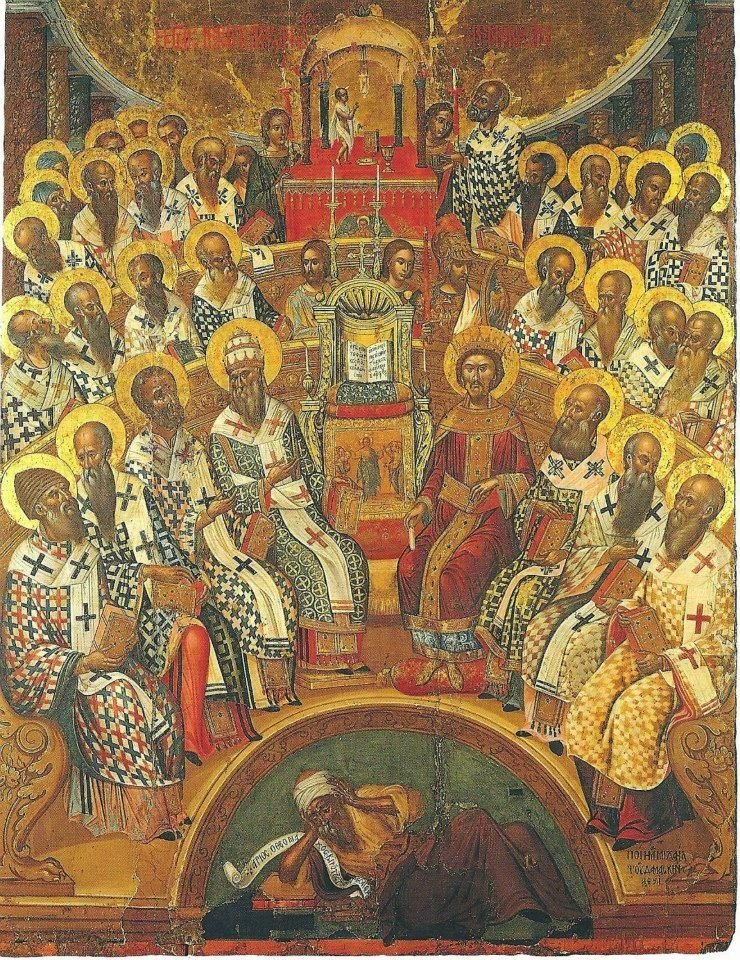Research
Revisionary Theology for North American Protestantism
My theological project continues on the trajectory established in my PhD thesis on Robert Jenson. In his final published words, he stated that the contemporary task of theology is to give decisive weight to the biblical narrative in all of our talk about the being and action of God. My research found that Jenson’s theology was aimed at Protestant theology in post-Christian North America. To avoid the captivity of the church to ideologies of various kinds, Jenson called on theologians to engage in the continued task of theology: witness to the God of the gospel.
I am a firm believer in the task of revisionary theology, instigated by Karl Barth and post-Barthians such as Robert Jenson, Eberhard Jüngel, and Wolfhart Pannenberg. While traditional claims about God’s being must be explored for all of their richness and theological depth - certainly not to be dismissed out of hand - I take seriously the claim by the above writers that theology in the modern period must learn to think the divine in different ways, in ways that are more ordered along trinitarian and christological lines.
My goal in particular is to continue this project by examining the sources of Protestant theology, particularly in the works of Luther, Calvin, and their followers, in relationship with their twentieth century revisionary heirs. I have written a number of works on trinitarian theology, and I am currently researching the unique features of Calvin’s trinitarian theology as it relates to the task of revisionary theology today.
Ecumenical Revisionism
Revisionary theology is often considered antithetical to ecumenical theology. If one feels the need to revise the past concepts and theologies, it would seem to imply that there must be a break between the church of the past and the church of the present. Yet revisionists like Jenson, Jüngel, and Pannenberg were all active ecumenists, and the radical nature of their proposals did not lead them to a full rejection of the church’s ecumenical tradition. Each one has a complex relation with the ecumenical faith of the church, one that is both appreciative and critical.
Revisionary theology must be an ecumenical theology. My research further enmeshes revisionary theology within ecumenical theology, in order to contribute to the unity of the Christian church. Again, despite their revisionary proposals, the tradition of post-Barthian revisionary theologies in fact provides us with resources that can engender greater unity in theology today - a promising remedy to the fracturing of the discipline that theologians have lamented in recent years.
Ecumenical revisionism desires church unity, but not merely to heal ecclesial divisions. Protestant theology in North America suffers from great woes as denominations - mainline and evangelical - struggle to live in the post-Christian culture where they are situated. Socio-political events of recent years have left a large question mark above the concept of ‘Protestantism.’ What does it mean to be an ‘evangelical,’ or even a ‘Protestant’? What does it mean to inhabit this tradition? My ecumenical revisionism seeks to address this question by examining the leading lights of the Reformation in light of their revisionary heirs. By examination of Luther, Calvin, and their followers throughout the history of Protestantism, I believe there is great potential to understand Protestant identity through the lens of ecumenical revisionism.
Theology in a Canadian Context
In one of Robert Jenson’s pithy sayings, he states that contextual theology is not even a question, because there simply is no other kind. I am placed in a unique context as an English Canadian theologian. While Canada is not always seen as a budding centre of new or interesting thought, Canada is a unique place due to the confluence of factors that pressure us from all sides. Canada feels a tug between Europe on the one hand and the U.S.A. on the other, strained between their neighbours across the sea and those on the same continent. There is also a tug within the country itself between the different national and ethnic populations that reside here. None of this is even to mention the dark history of oppression of Indigenous peoples that has taken place here. Canada struggles with the history of a colonial past, the need for a coherent societal identity, and the peculiar experiences of living adjacent to a world superpower.
My theology takes place in just such a context, and from time to time, my studies have been shaped by my Canadian context. I have studied the political theology of Tommy Douglas, looking particularly at the influence of social gospel and the theological ideals behind the workers movements in Canada in the late 19th and early 20th centuries. I have also wrestled with the question of reconciliation by examining Canada’s history of residential schools through the lens of Luther’s theology of the cross, proposing that reconciliation with Indigenous peoples in the Canadian church will require an evangelical and catholic option for the penitential church that is exemplified in the early Luther. While my work does not focus solely on Canadian issues, I am embedded in this context, which sometimes leads me to address these questions directly.


